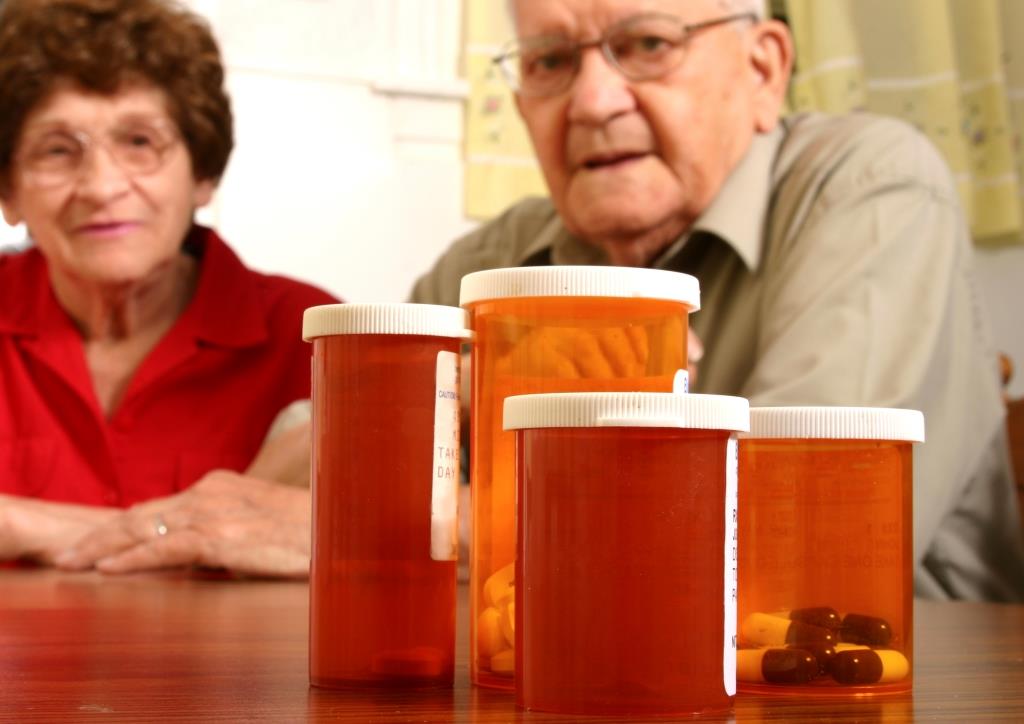New FDA Rule on Generic Drugs Could Hike Costs $4 Billion per Year
 A proposed FDA rule on labeling generic drugs could increase generic drug-makers’ exposure to product-liability lawsuits. This could add $4 billion a year to the cost of generic drugs, according to Scott Gottlieb, MD, and colleagues.
A proposed FDA rule on labeling generic drugs could increase generic drug-makers’ exposure to product-liability lawsuits. This could add $4 billion a year to the cost of generic drugs, according to Scott Gottlieb, MD, and colleagues.
- A new regulation proposed by the Food and Drug Administration will compel generic drug makers to update their drug labels to reflect purported “new” safety issues.
- The regulation will result in increased drug prices and leave generic drug firms vulnerable to “failure to warn” tort suits, but produce no public health benefit.
- It would be far more efficient and effective for the FDA to either review and update generic drug labels itself or adopt a more rational and logical oversight process, known as Prior Approval Supplements. Either approach would allow updating of drug labels without additional tort liability.
Generic drugs are approved by the FDA via an “abbreviated” process that allow generic drug-makers to copy brand-name drugs without replicating the entire, expensive, research & development process. In exchange, the label has to read the same as the brand-name label. To have different labels for different versions of the same drugs would be a step into strange regulatory territory.


I think this would work if there were variations from the brand name when producing the generic drug. But if they are exactly the same, why should there be a different label. If the generic can cause it, the brand name will do it as well. This will only add confusion to the market.
Not only will it add confusion to the market, but add confusion to consumers. This is a very dangerous proposition as well. When drugs are the same, whether generic or brand, uniformity is key and is a matter of safety.
This new restriction is going to benefit the brand-name companies. They can use it as a marketing campaign, telling consumers that those who produced this drug are sure of what they are doing; the generic labels are results of research conducted by not so experienced companies. Also if the price difference is not that different people would prefer the ones that are safer. Consumers will lose as well. Higher liability taken by these generic manufacturing companies will translate into less drugs being offered, and those which are offered will be offered at a higher price. This reform makes it worse for consumers and it will only help the big corporations that manufacture these brand-name drugs.
The price difference between brand and generic names will always be a considerable difference. Generic is always much cheaper, and causing them to make their labels different from an identical drug seems to be an attempt to discredit the generic drug manufacturer.
The differences might be considerably different today, but if the generic drug manufacturers start to be liable for their drugs, this price will inevitably rise. The price will increase as a sort of insurance towards the potential lawsuits that they might face. Also they deserve to be discredit, you shouldn’t trick consumers in believing that you are giving them the real thing when you are not.
And we wonder why drugs cost so much?
The FDA certainly doesn’t make getting healthier easier on anyone
It increases their pocket books though
As if they aren’t large enough already…
Looks like the FDA has other incentives in mind. It certainly isn’t for consumers who rely on these drugs.
This administration was elected to help those with lowest income. President Obama campaigned on the basis of change, change the status quo into something in which those in need might have opportunities to improve. Yet, his administration is not delivering what was promised. His administration passed the Affordable Care Act that made healthcare not affordable. The administration hindered the odds of one finding employment, among other things that have affected the common people. This proposed change, is an additional attack to the common people, especially those with the lowest incomes.
This regulation is intended to restrain an industry that went out of control. Generic drug manufacturers have taken advantage of some leeway that the law gave them. This has allowed them to enjoy the benefits of selling a drug without worrying for any secondary effects. This new regulation limits their freedom and punishes them if they make some mistakes. This is great news.
What secondary effects exactly? Generic options give freedom to the consumer to take a cheaper alternative to the expensive brand name of a particular drug. Generic options are integral to keeping medication prices affordable for consumers.
Drugs have secondary effects, which are why you always hear in the commercials that secondary effects may include: depression, suicidal thoughts, and a whole range of diseases that are worse than the disease itself. Before if one drug had a secondary effect the only liable was the brand name company, there was no punishment for the generic producer. With this new regulation, the generic companies will be liable for any secondary effect they cause.
Not quite, but nevertheless: One of the major roles of the FDA-approved label is to disclose the side effects. If you and your doctor do not think the benefit of the drug is worth the side effects, then do not take the drug.
The FDA label ensures that the side effects are communicated. That serves to reduce liability (or should).